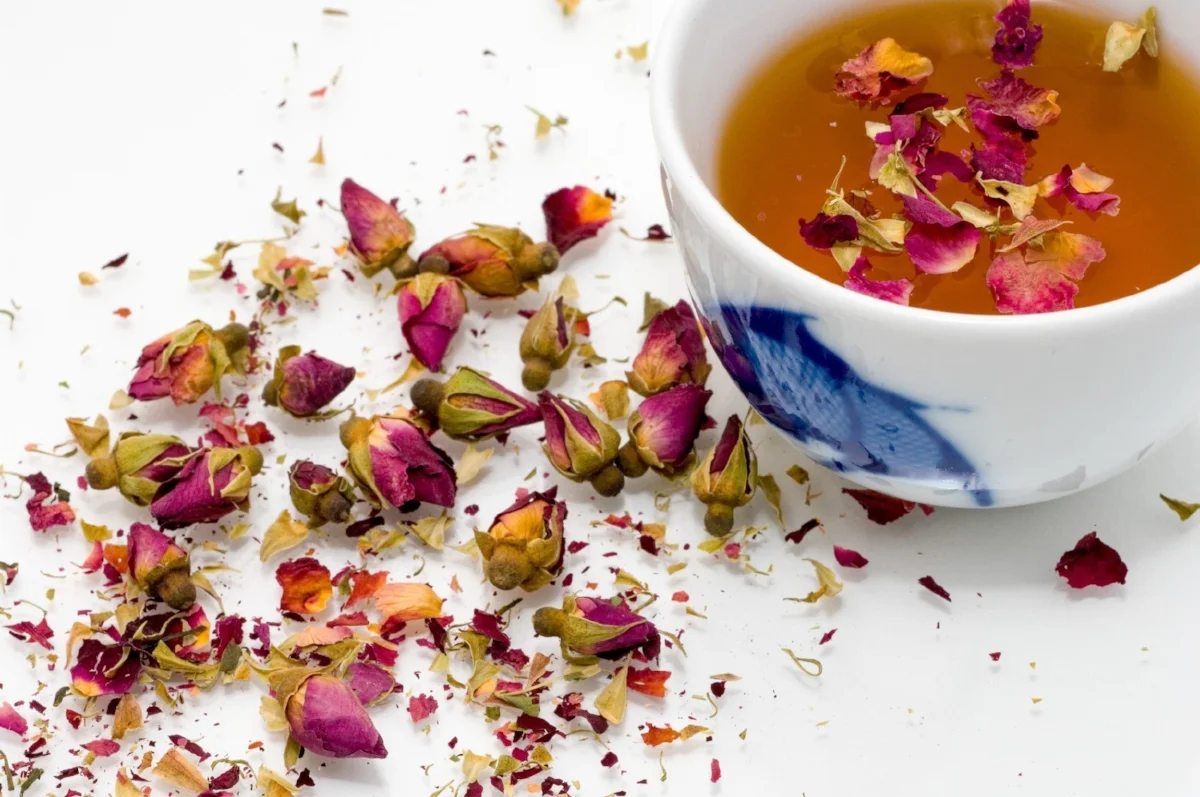Thoughts on Meditation and Tea
The proliferation of coffee shops springing up across the UK over the past decade may feel like it’s resulted in a decline of overall tea consumption, but tea appears to be going through somewhat of a renaissance. You’ll now find a plethora of imaginatively flavored, caffeine-free teas available from many independent cafes and stores.
Having been an upper-class drink in the 18th century, tea then became the chosen infusion of every social class, and a prominent feature – indeed a symbol – of British culture and society.
Today, the phrase “Let’s have a cuppa…” instantly conveys conviviality and comfort, and the shared or solo experience of a good cup of tea is both refreshing and revitalising. A “tea break” usually includes a drink, but the expression is also used to signal a well-earned break and slowing of pace.
Mind the caffeine
When it comes to tea, it is worth remembering that the term “decaffeinated” does not necessarily mean that the drink you are consuming is caffeine-free. Most decaffeinated coffee will still contain 12-15% of the original caffeine content, and it is easy to fall into the trap of having an evening drink which one believes will not interfere with the onset of sleep when in fact it will be doing just the opposite.
Vedic Meditation, which can trace its origins back many thousands of years, is part of a belief system which includes Ayurvedic health, diet and yoga. The term Ayurveda is formed from the Sanskrit words ‘ayus’, which means life, and ‘veda’, which means knowledge or understanding.
As Vedic Meditators, we are not prescribed any lifestyle changes when we take up meditation, but inevitably we become more conscious and interested in the input and subsequent output of all that we ingest in mind and body. This also applies to tea.
What’s an ayurvedic tea?
Ayurvedic teas are completely caffeine-free and contain herbs and spices which help balance one’s three fundamental bodily bio-elements – or doshas – called Vata, Pitta, and Kapha.
These teas help regulate and balance the doshas, keeping the body in balance and harmony. They cleanse the body by removing toxins, and so have a natural purifying effect.
If you have never tried an Ayurvedic tea, now may be the moment to do so, after all, it’s National Tea Day on 21st April! Break the pattern of the “ever-repeating known”, think outside your mug of builder’s, and be open to something not only delicious and delightful, but beneficial too.
Here are some of my favourite ayurvedic tea brands:
Any blend from Yogi Tea
Many blends by Pukka
Find all of the upcoming dates of our free, no-obligation introductory talks, where you can find out all you need to know about Vedic Meditation, and book your free place online here.
You can also keep up to date with MindMojo on Facebook, Twitter, and Instagram, or sign up to the newsletter at the bottom of this page.

